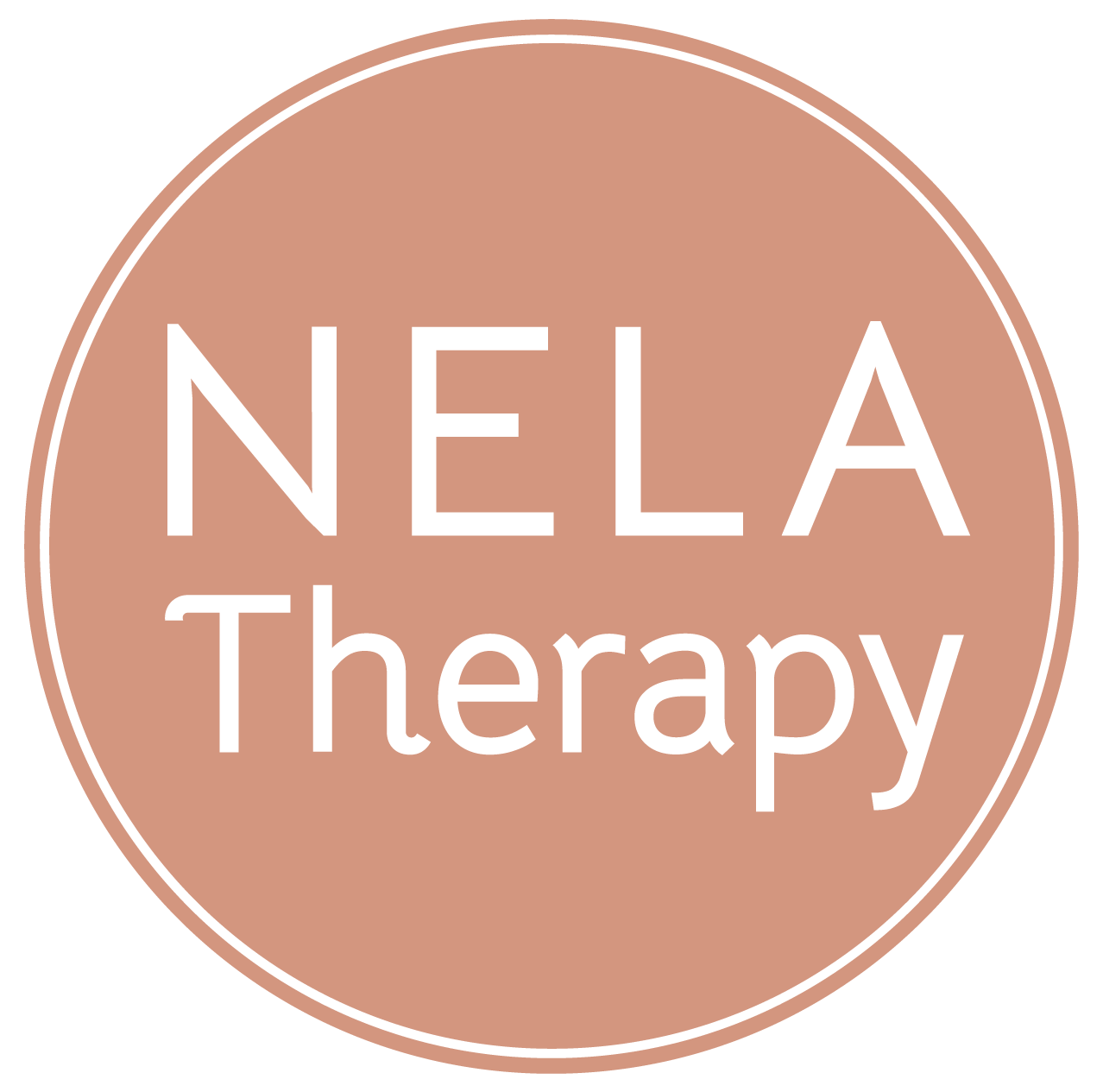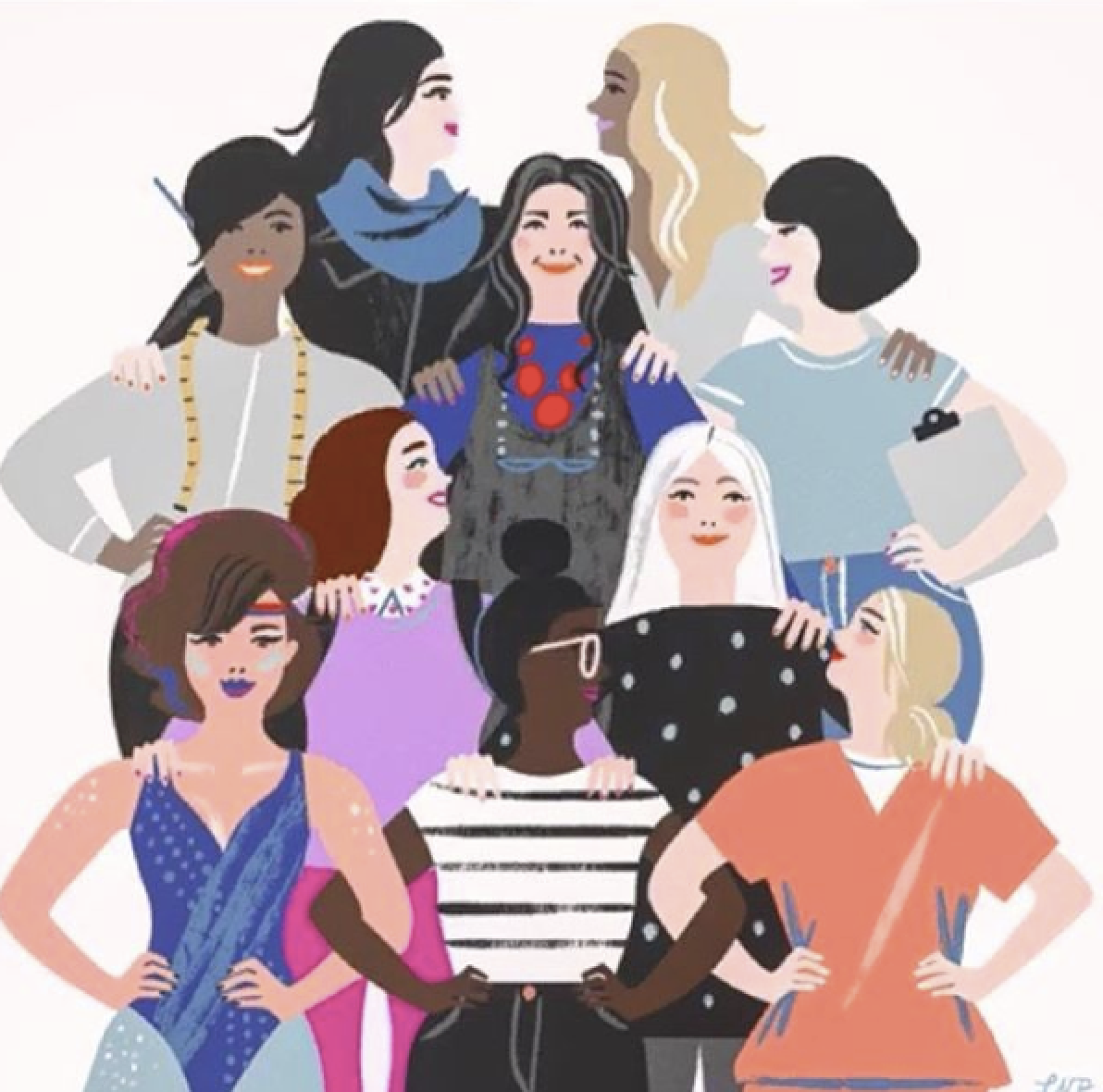Cultural Humility
In therapy and really in life, people bring their expectations, beliefs, communication styles, and attitudes to all of their interactions. Mental health professionals also bring their own assumptions and previous experiences in to the room. Cultural humility is a lens we can use to understand culture and help navigate those interactions, especially when working with clients from different backgrounds such as in language, religion, health, sexual orientation, even age. This is an interactive, nonjudgmental, and open approach; where, we ask questions instead of making assumptions. We have moved away from the term Cultural Competence because it is difficult, if not impossible, to be competent in a culture that is not your own. Instead, through cultural humility we commit to lifelong learning, continuous self-reflection, and recognition of the power/privilege imbalance that can exist between clients and health professionals (Tervalon & Murray-Garcia, 1998).
Recently, I was in a meeting with the heads of a nonprofit I have been doing some work with and was asked if I would be interested in presenting a workshop to the Marriage and Family Therapist Trainees and Associates.
I said, “Yes, I can do one on Cultural Humility in therapy” and the idea was ignored.
A second time I was asked if I could do a workshop and I said, “Yes, I would love to do one on Cultural Humility” and, again, was ignored.
I was asked a 3rd time what I would want to present on and I said Cultural Humility and finally the woman who was organizing the workshops turned to me and said, “Do you really think that would be necessary? I mean, do you even experience discrimination anymore?” I said, “Yes, I do. And many of clients come to session after having experience discrimination because of the psychological effects it left.” Not skipping a beat, she went on to talk about how it’s impossible that our therapist could ever be discriminatory because she knows how empathetic and warm-hearted they and just didn’t feel like she wanted to waste everyone’s Saturday talking about something that is not a “practical skill” like couples counseling techniques.
Even when the Executive Director brought up the fact that racial and sexual orientation discrimination is a particularly salient issue in this political climate or that across the United States only about 16% of all mental health providers are from racial/ethnic minority groups (APA Center for Workforce Studies) we continued to be shut down by her insistence that it was not necessary. She could not be swayed.
After the meeting, I sat in my car for several minutes absorbing the interaction. I was angry. After venting to a few people about it I decided that the best strategy was to generate more awareness about the need for cultural humility practices and diversity in mental health to cultivate more access to services by all groups. Nearly, 1 in 5 Americans will deal with mental health issues in a given year (NAMI.org). Yet, African Americans and Hispanic Americans each use mental health services at about one-half the rate of Caucasian Americans and Asian Americans at about one-third the rate (NAMI.org).
I invite you all to think about these issues and statistics when working with clients or even socializing with peers so that we can better serve our communities.
#mindfulpractice #mindfulness #mentalhealth #mentalhealthawareness #selflove #psychology #mindfulliving #highlandpark #losfeliz #silverlake #echopark #NELA #latinx #losangeles #mindfullife #wellness #wellnessjourney #culturalhumilty #diversitymatters


